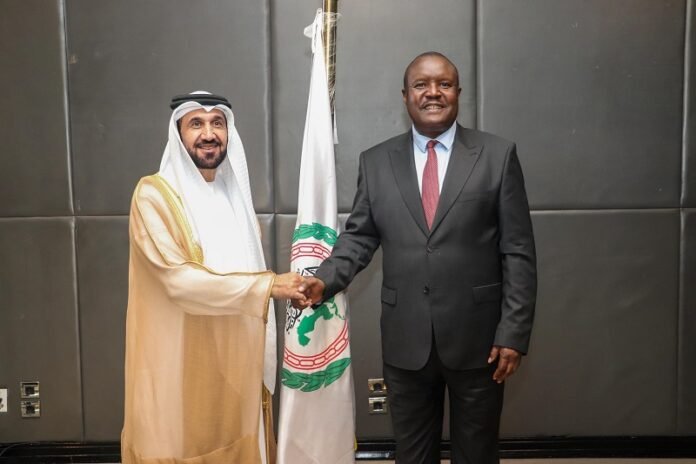In Cairo, the President of the Arab Parliament, Mohamed bin Ahmed Al-Yamahi, and the President of the Pan-African Parliament, Chief Charumbira, issued a joint statement after an emergency meeting. The communiqué denounced the “flagrant aggression” of the occupying entity against Qatar and the ongoing genocide against the Palestinian people in Gaza and the West Bank.
The wording was strong—condemnations, demands, and calls for international action. Yet the deeper question is: is this truly a new position, or just another reproduction of the same old Arab and African rhetoric that has never been translated into action?
Historical parallels: Statements without real consequences
History is filled with similar declarations:
-
Khartoum 1967: the famous “Three Nos” (no peace, no negotiations, no recognition), soon bypassed by reality.
-
2002 Arab Peace Initiative: offering full normalization in exchange for complete Israeli withdrawal, ignored by Israel.
-
African Union: a long-standing defender of Palestinian rights, but never moving beyond symbolic support.
-
Arab Parliament: dozens of statements since the Second Intifada, built on the same formulas of condemnation.
The pattern is clear: strong rhetoric, minimal impact.
Symbolic and political weight
Still, the joint Arab-African voice carries symbolic importance. It signals a South-South alignment at a time when the global order is fractured. South Africa’s move at the International Court of Justice illustrates Africa’s potential role as an alternative hub of international legitimacy.
But critical questions arise:
-
If Israel routinely ignores UN Security Council resolutions, why would it heed a parliamentary communiqué?
-
How can such institutions move from discourse to concrete pressure?
-
Does this endless cycle of statements not reveal more about structural impotence than about real solidarity?
The veto dilemma
Calling for the abolition of the veto at the UN Security Council reflects widespread frustration. Yet this demand collides with the hard reality of post-1945 geopolitics.
Wouldn’t it be more pragmatic to design alternative, independent mechanisms of influence, rather than rely on an unlikely reform of the UN system?
Conclusion: Past echoes, present limits
The joint statement may sound strong, but it echoes decades of similar declarations that changed little. It highlights the same paradox: powerful words, weak instruments.
The key question remains: can the Global South turn symbolic solidarity into an actual international force, or will it remain confined to diplomatic rhetoric?


